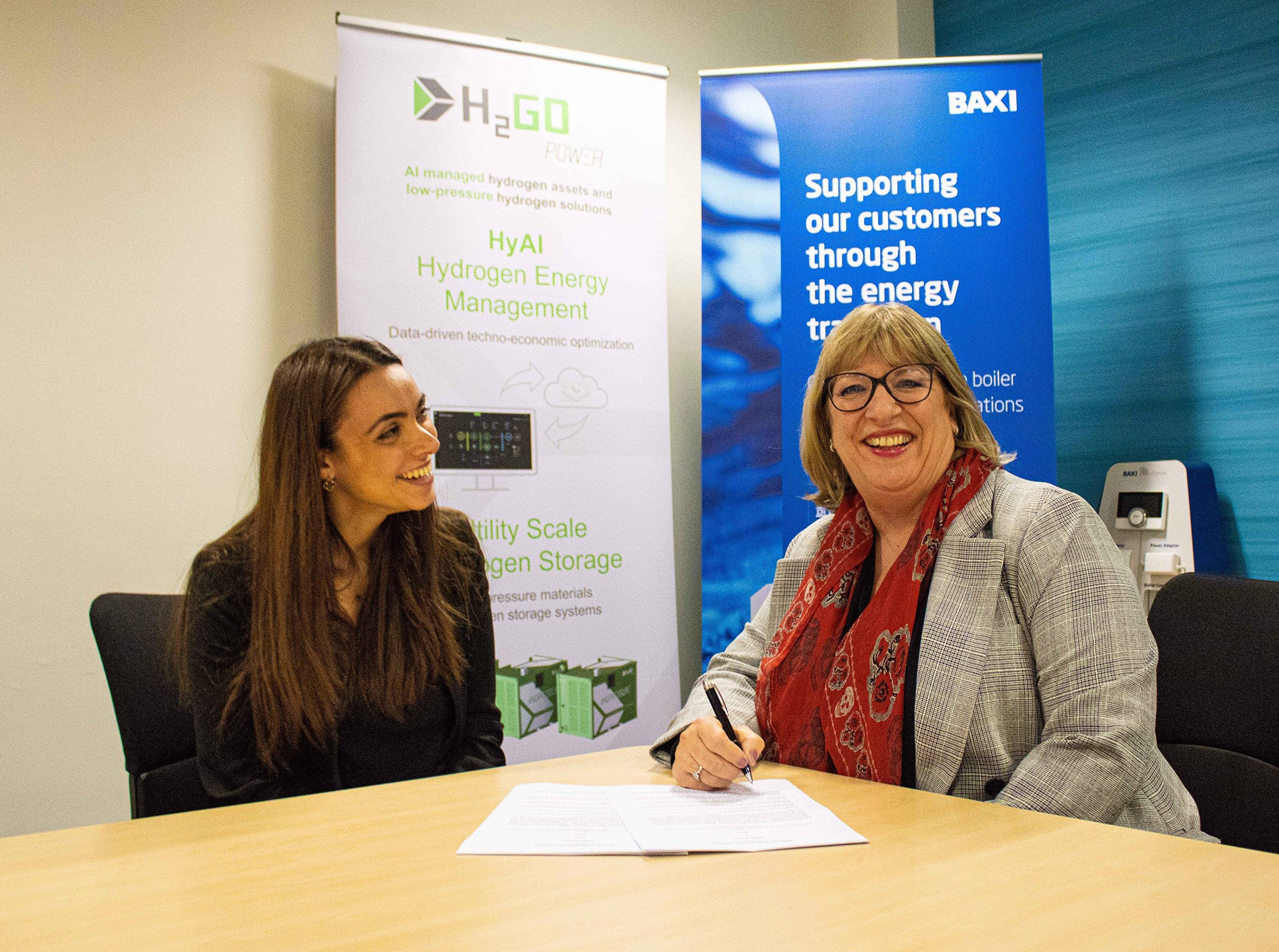Under 10 Per Cent of SHDF Wave 1 Measures Implemented: Here’s Why

Delivering the objectives from the first wave of the £3.8bn SHDF has been pushed back by a total of three months to allow social landlords to catch up with the slow start to improve energy rating certificates to at least a C.
The delays have been put down to supply chain issues, dramatic increases in operational costs and interest rate changes. It is natural that projects would feel the impact of all the above, and the flexibility from the central government has been welcomed across the sector.
Despite this, there are growing concerns that further delays will hamper the housing sector’s crucial role in lowering carbon emissions and achieving net zero, with 25% of emissions coming from the built environment sector.
Only 1430 Out Of 20,000 Measures Have Been Implemented
Such were the delays; government figures highlighted that as of November 2022, only 1430 measures out of 20,000 expected under SHDF have actually been installed. Realistically speaking, three months may not be a sufficient period of time to catch up with the deficit of installations.
With the deadline being pushed back to 30 June, the then BEIS confirmed this new deadline would ensure the “deliverability” of projects across the sector.
The first wave of the scheme has seen £179m allocated and initially had a deadline of 31 March in order for projects to be eligible for funding.
Skills Gap Continues To Plague The Sector
Annie Owens, policy and practice officer at the Chartered Institute of Housing said: “The slow start to implementing measures under SHDF Wave 1 is reflective of the significant challenges faced across the sector – above-inflationary price increases, scarcity of materials and an acute skills gap across the country for people trained to deliver retrofit works.
Back in 2019, then Prime Minister Boris Johnson pledged £3.8bn over the next decade to decarbonise the social housing sector through the SHDF, to be delivered in waves. The second wave, which opened in September 2022, is expected to release over £800m to scale up and accelerate the transition.

